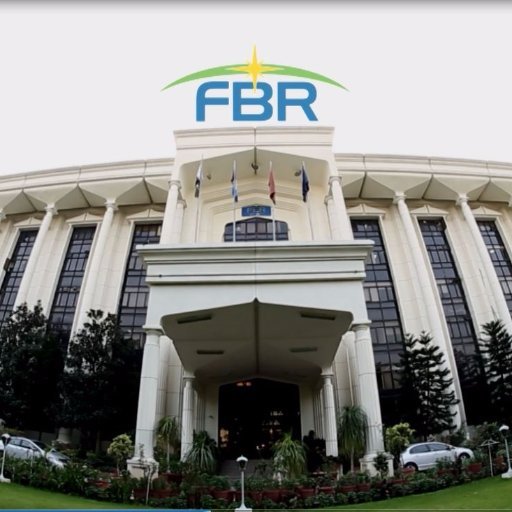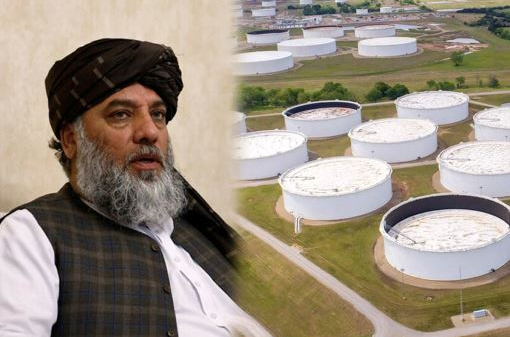ISLAMABAD: The Supreme Court today gave a decision that a taxpayer cannot be asked by the Federal Board of Revenue (FBR) officials to furnish record beyond a period of six years.
A Supreme Court Judge said, “We hold that a taxpayer is obliged to maintain his/her tax record under Section 174(3) of the Ordinance for a period of six years.” Justice Syed Mansoor Ali Shah of the Supreme Court gave the decision while rejecting the Federal Board of Revenue’s (FBR) plea against a Lahore High Court order, which had set aside a notice to the taxpayer.

A three-judge bench of the apex court led by Chief Justice of Pakistan Umar Ata Bandial heard the matter.
“The taxpayer cannot be forced to produce the record for a tax year beyond the period of six years as stipulated in Section 174(3) of the Ordinance,” the verdict added.
The court noted that reading of the ordinance and the rules envisaged that any proceedings against a taxpayer that were based on the tax records maintained by them should be initiated within a fixed timeframe.
The order read that Section 174 created an obligation on the taxpayer to maintain such accounts, documents and records as prescribed for a period of six years. The only exception in this case was of pending proceedings, where the taxpayer is obligated to maintain the record till the final decision of the proceedings

“The same provision protects the taxpayer from being asked to produce the record beyond the said period.” The judgment read notices under sections 161 and 165 and Rule 44(4) could only be replied to on the basis of the record maintained by the taxpayer.
“[Therefore] a joint reading of sections 161 and 165 and Rule 44(4) and Section 174(3) and Rule 29 establishes that the tax department is under an obligation to be vigilant and efficient enough so as to proceed against a taxpayer within the statutory timeframe provided under Section 174(3).”
The court noted that though there was no specific limitation for issuance of notices under Section 161(1A) or 165(2B) or Rule 44(4), but these provisions could not be actualised or given effect to unless the record, available with the taxpayer, was examined and verified by the tax authorities. “Since the aforesaid provisions of law require taxpayer to maintain record for a period of six years, hence notices beyond a period of six years cannot be given effect to. As the taxpayer is under no legal obligation to maintain tax records after the said statutory period, any such notices demanding the taxpayer to furnish such information are inconsistent with the clear provisions of the ordinance and hence unlawful.”
The court also noted that a harmonised reading of the statute required that Section 174(3) and sections 161 and 165 and Rule 44(4) must complement each other so as to promote the purposes of the ordinance and equally protect and safeguard the rights of both the tax manager and the taxpayer “Therefore, even though notices under sections 161(1A) and 165(2B), and Rule 44(4) have no prescribed period of limitation, the statutory timeframe kicks in the minute the time period under Section 174(3) is exhausted rendering such notices ineffective and unenforceable, attracting no penal consequences for the taxpayer.”
The court noted that the respondent taxpayer was under an obligation to deduct tax from an amount to be paid to a recipient at the time and in the manner specified in Section 158 of the Ordinance.
I am an experienced writer, analyst, and author. My exposure in English journalism spans more than 28 years. In the past, I have been working with daily The Muslim (Lahore Bureau), daily Business Recorder (Lahore/Islamabad Bureaus), Daily Times, Islamabad, daily The Nation (Lahore and Karachi). With daily The Nation, I have served as Resident Editor, Karachi. Since 2009, I have been working as a Freelance Writer/Editor for American organizations.










